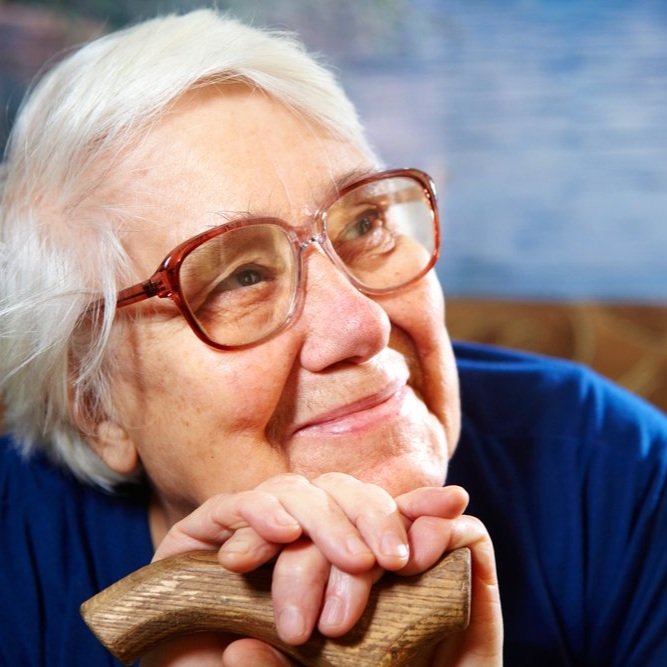When a loved one has dementia, a simple interaction can be troublesome and difficult. Since connecting with others is at the core of human nature, it can be devastating when we feel as though we can no longer share that bond with a loved one. Even with dementia, though, there are some ways you can continue to connect and build that bond with your loved one.
What to Expect When Caring for Someone with Middle-Stage Alzheimer’s
If you have a loved one with Alzheimer’s disease, here’s what to expect during the middle stages of caregiving:
Alzheimer’s Safety: 10 Tips to Prevent Wandering
According to the Alzheimer’s Association, 6 in 10 people with Alzheimer’s disease or dementia will wander. Wandering is more common as the disease progresses to its later stages, although it can occur at any stage. Here are 10 tips to help prevent your loved one from wandering.
The 7 Basic Stages of Alzheimer’s Disease
Alzheimer’s disease is a progressive disease, involving many parts of brain function. If you are caring for a loved one or senior with Alzheimer’s, understanding the progression of the disease can help you know how to provide the best care possible. Here are the 7 stages of the disease.
Music Therapy for Seniors
Music can play a strong role in improving happiness for seniors, especially those with dementia.
Grandchildren and Understanding Alzheimer’s Disease
Alzheimer’s disease is difficult to accept at any age. The idea can be especially difficult for young children to understand and deal with. If a grandparent is diagnosed with Alzheimer’s disease, it’s important to take a gentle approach with explanation.
The Truth Behind Common Myths about Alzheimer’s Disease
Understanding the facts about Alzheimer’s disease will help family caregivers identify signs and symptoms of Alzheimer’s disease in their elderly loved ones. Knowing the facts may also ease some fears which you have about this form of progressive mental deterioration disorder.
Communicating with Someone Who Has Dementia
Someone with dementia may struggle with communication. How can we make it easier for them? Here are some communication tips to improve your communication with your parent, friend, or family member with dementia.
Memory Loss in a Loved One with Alzheimer’s: How to Respond
When you loved one has dementia or Alzheimer’s, how can you respond? Here are some tips.
How to Create a Daily Plan for a Loved One with Alzheimer’s Disease
Caring for a loved one living with Alzheimer’s disease is physically and emotionally taxing for the caregiver. Here are some tips on how to build a daily schedule that you are able to give the best possible home care to those you love so much.










